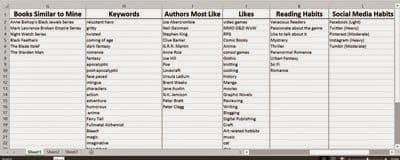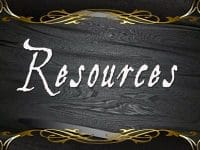
Last week was Social Media Week in NYC. All over the city were free sessions about building a digital brand. A few of those involved book publishing. I attended Metadata Meets SEO: How Authors Can Improve Their Book “Discoverability” hosted by Your Expert Nation.
Discoverability is one of those buzzy, overused words. But, it’s important. We’re competing for people’s attention on and offline. Even worse, most people scan online. I don’t know when was the last time I read an entire article, review, book description…and I’m a writer. I know, that’s sad. But, that’s life.
Metadata Meets SEO drilled in that it’s not about the author. It’s about the reader. We might write a book description we like but won’t attract our target audience. The panelists pointed out that the book description is not just a summary. It needs to speak to what readers are looking for. How does your book meet the reader’s needs?
We share our favorite excerpts on social media. Our favorite lines might not be our audience’s favorite lines.
For The Sciell, I realized my marketing efforts focused on the wrong things and the wrong audience. I’ve been working to fix that.
This is why I always run things likes quotes, images, videos by other people.
How do you find what metadata will make your book more “discoverable”? I’ve been having trouble with this as well. It requires a lot of research.
- Read reviews of books similar to yours and make a note of words readers use often like gritty or reluctant hero.
- Go to LibrayThing, search for books like yours and check out the tags.
- Beta readers: ask them how they’d describe your book (anime inspired my stories, but I didn’t market that concept much until one of my beta readers kept saying my books read like an anime.)
- You can pay to have a focus group like BookHive read your work and give you a report.
How do you find books similar to yours?
- Goodreads Genre
- Amazon genre search
- If you’ve gotten reviews, people might’ve compared your book/ style to another author
- Your book might have recommendations on Goodreads and Amazon
- Think broad, like “this book has non-human POV characters like mine.”

Something I didn’t know- Fiction/General is the least effective category.

Book Industry Study Group: Best Practices for Product Metadata (Publication- Free to Download)
Book Industry Study Group: Best Practices for Keywords in Metadata (Publication- Free to Download)
(You need to create an account to download the above guides)
PBS Media shift: The Hows and Whys of Metadata for Authors
Übersuggest: Get keyword ideas with Übersuggest the free keyword suggestion tool that makes good use of different suggest services.
Amazon KDP: Metadata Guidelines




